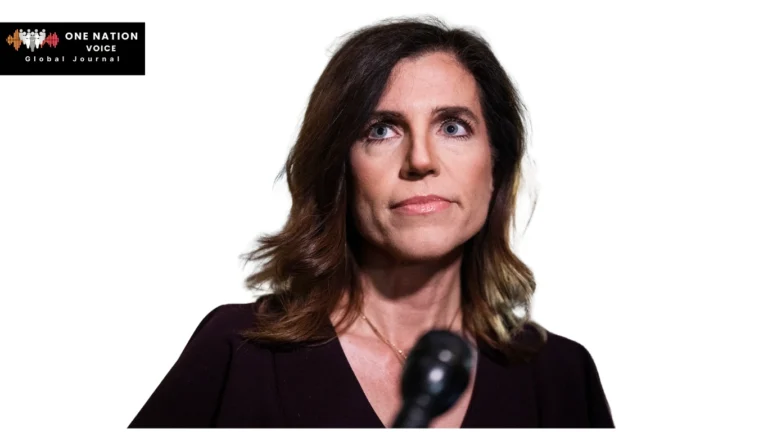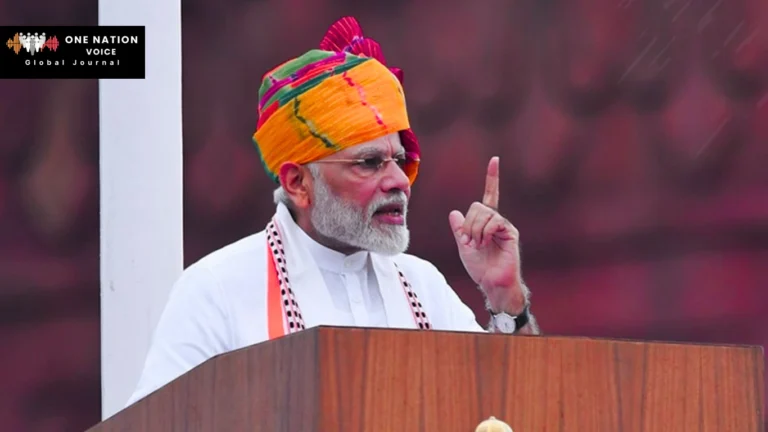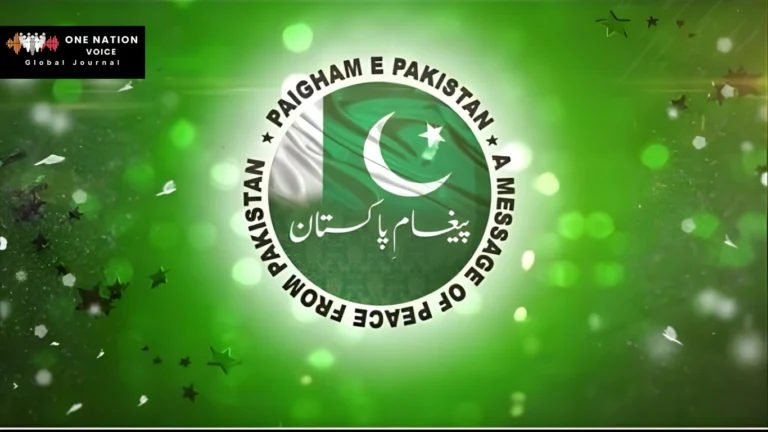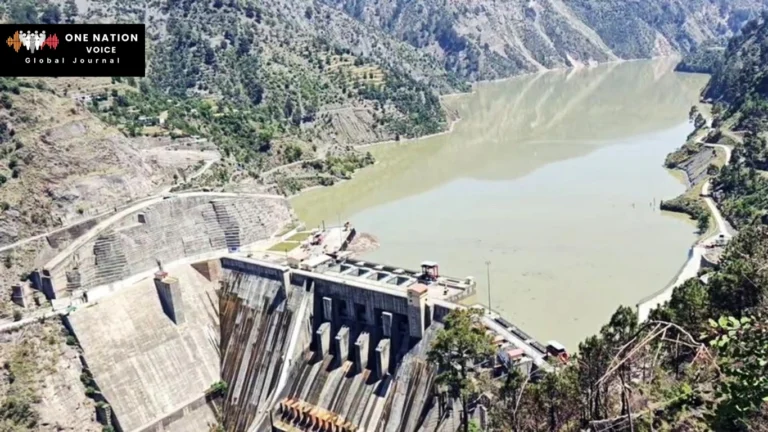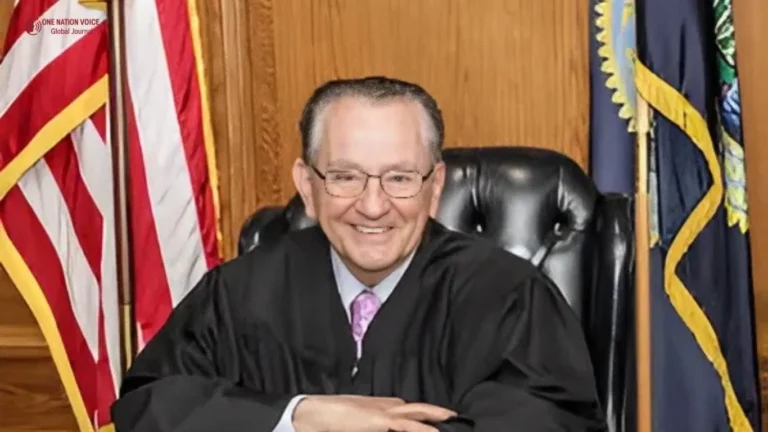British SAS Veterans Expose Alleged War Crimes
 British SAS Veterans Expose Alleged War Crimes
British SAS Veterans Expose Alleged War Crimes
The legacy of military service frequently embodies valour, sacrifice, and dedication to duty. Recent disclosures from former members of the British Special Air Service (SAS) have significantly undermined that story. In a poignant episode of BBC Panorama, multiple former SAS members ended years of quiet to recount unsettling allegations of war crimes perpetrated by their comrades in Afghanistan and Iraq. Their accounts provide a unique and disconcerting perspective on the covert realm of special forces operations, characterized by allegations of extrajudicial killings, the murder of innocent civilians, including minors, and the alteration of evidence to conceal the truth.
A former SAS operative recounted a harrowing incident in which a young, tied youngster was shot at close range. “They restrained a young boy with handcuffs and shot him,” the soldier said with evident sadness. This act contravenes all recognized rules of engagement and the principles of the Geneva Conventions, which aim to safeguard non-combatants and prisoners of war. However, based on the accounts collected by Panorama, this was not a singular occurrence. Instead, such deaths purportedly became “the standard” throughout operations.
The soldier detailed a methodical strategy employed to conceal these illicit homicides. Detainees, frequently apprehended without opposition, were purportedly restrained, searched, and executed. Subsequently, their plastic bindings were detached, and weaponry were positioned adjacent to their bodies to replicate combatant status. “They would sever the plastic handcuffs and position a firearm adjacent to their body,” he stated, delineating a troubling pattern of fabricated combat situations.
These discoveries indicate a calculated and systematic attempt to evade both legal and ethical norms during military operations. The ramifications are significant, not alone for the soldiers engaged but also for the institutions that educated and supervised them. If accurate, these actions would be significant violations of international humanitarian law, equivalent to war crimes.
The Special Air Service has consistently maintained a reputation for professionalism, valour, and confidentiality. Its operations are sometimes obscured by classified briefings and restricted public inspection, complicating accountability. Nonetheless, the accounts broadcast by BBC Panorama penetrate that cloak of secrecy and elicit an urgent need for responsibility. These claims undermine the assumption that the military forces consistently adhere to stringent norms of conduct and uphold respect for human life, even in the most tumultuous and perilous circumstances.
One of the most concerning elements of these allegations is the purported institutionalization of such conduct within the SAS. The normalization of extrajudicial executions within a unit’s culture indicates a deterioration of discipline and leadership. This prompts essential inquiries regarding the internal command frameworks, the degree of examination devoted to field reports, and the readiness of superiors to challenge questionable narratives of battles.
In addition to the specific conduct of the accused soldiers, there exists a broader systemic failing that requires attention. Were these activities documented and disregarded? Did military officers or government officials wilfully ignore issues for the sake of operational success or political convenience? The notion that accountability may be circumvented in elite forces due to their strategic significance establishes a perilous precedent. It conveys the notion that certain soldier’s function beyond legal constraints, protected by bureaucratic apathy or complicity.
For the relatives of victims, many of whom may have never had a thorough investigation of their loved ones’ murders, these disclosures could serve as a distressing affirmation of longstanding concerns. International law requires that any illegal killing of a civilian or prisoner be rigorously investigated and penalized where warranted. Neglecting this obligation compromises the moral and legal validity of any military operation and diminishes trust in the institutions tasked with upholding justice.
The UK government and Ministry of Defence must now confront challenging inquiries. What was the process for authorizing and reviewing these operations? Which supervision systems failed to identify or avert these purported abuses? What measures will be implemented to examine the allegations and guarantee the administration of justice?
The psychological impact on the soldiers should not be overlooked. Individuals who opted to voice their opinions did so at significant personal peril. Defying norms within military culture, especially in prestigious units such as the SAS, frequently incurs considerable stigma and repercussions. The bravery required to confront authority with truth is substantial, highlighting the seriousness of their observations.
These admissions serve as a stark reminder of the concealed expenses of warfare. The public frequently perceives military action through the perspectives of strategy, geopolitics, and heroics; however, the reality of the battlefield is considerably more intricate and, at times, harrowing. These statements compel society to confront the difficult reality that even the most esteemed organizations are susceptible to failure and corruption.
Given these revelations, an immediate and impartial investigation must be conducted, possessing the authority to mandate testimony, access sensitive documents, and propose prosecutions when appropriate. Transparency, justice, and institutional reform are imperative, not solely to restore public faith but to defend the fundamental ideals that the military is intended to embody. Ultimately, the courage exhibited by these veterans in stepping forward may represent the initial phase of recovery. It facilitates accountability, justice for victims, and a military culture that prohibits the flourishing of impunity in obscurity.

